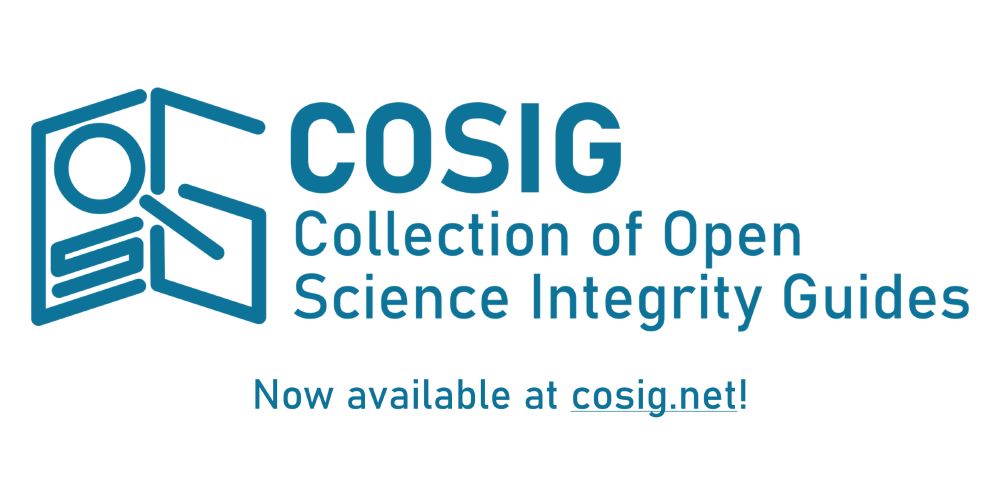Lucija Batinovic
@metahag.bsky.social
330 followers
750 following
73 posts
Meta-science | Open Science | PhD student | Disability Research | Editorial Assistant @ Meta-Psychology | https://elucidatescience.netlify.app
Posts
Media
Videos
Starter Packs
Reposted by Lucija Batinovic
Reposted by Lucija Batinovic
Reposted by Lucija Batinovic
Lucija Batinovic
@metahag.bsky.social
· Sep 12
Lucija Batinovic
@metahag.bsky.social
· Sep 12
Reposted by Lucija Batinovic
Jack Wilkinson
@jdwilko.bsky.social
· Sep 5

INSPECT-SR: a tool for assessing trustworthiness of randomised controlled trials
The integrity of evidence synthesis is threatened by problematic randomised controlled trials (RCTs). These are RCTs where there are serious concerns about the trustworthiness of the data or findings....
www.medrxiv.org
Reposted by Lucija Batinovic
Reposted by Lucija Batinovic
Ian Hussey
@ianhussey.mmmdata.io
· Aug 15
Creating and validating standardized R project structures that are psych-DS compliant-ish
Making psychological code and data FAIR is hard, in part because different projects organize their code and data very differently.
Sometimes this is for good reasons, such as due to the demands of a g...
mmmdata.io
Reposted by Lucija Batinovic
Lucija Batinovic
@metahag.bsky.social
· Jul 16
Lucija Batinovic
@metahag.bsky.social
· Jul 15
Reposted by Lucija Batinovic
Reposted by Lucija Batinovic
Lucija Batinovic
@metahag.bsky.social
· Jul 2
Lucija Batinovic
@metahag.bsky.social
· Jul 2
Lucija Batinovic
@metahag.bsky.social
· Jun 30
Reposted by Lucija Batinovic
Lucija Batinovic
@metahag.bsky.social
· May 27
Eike Mark Rinke
@emrinke.bsky.social
· May 23

A manifesto for a globally diverse, equitable, and inclusive open science - Communications Psychology
Psychology must embrace more responsible practices in design, reporting, generalisation, and evaluation of research to counteract the spectre of Questionable Generalisability Practices and the issue o...
www.nature.com







